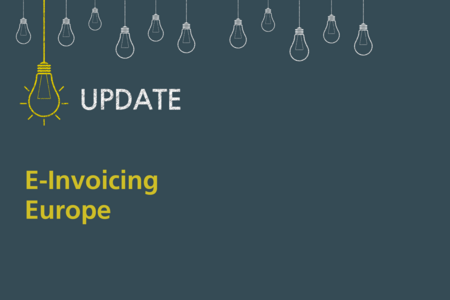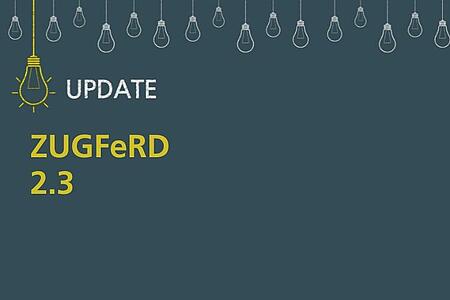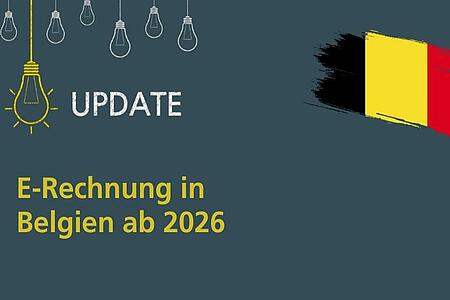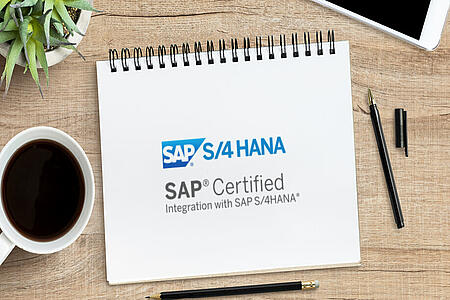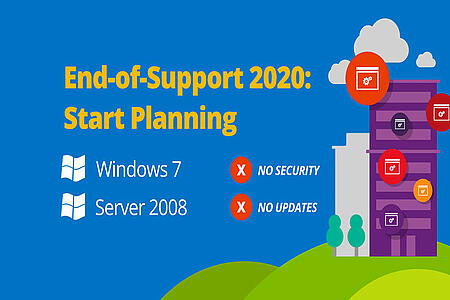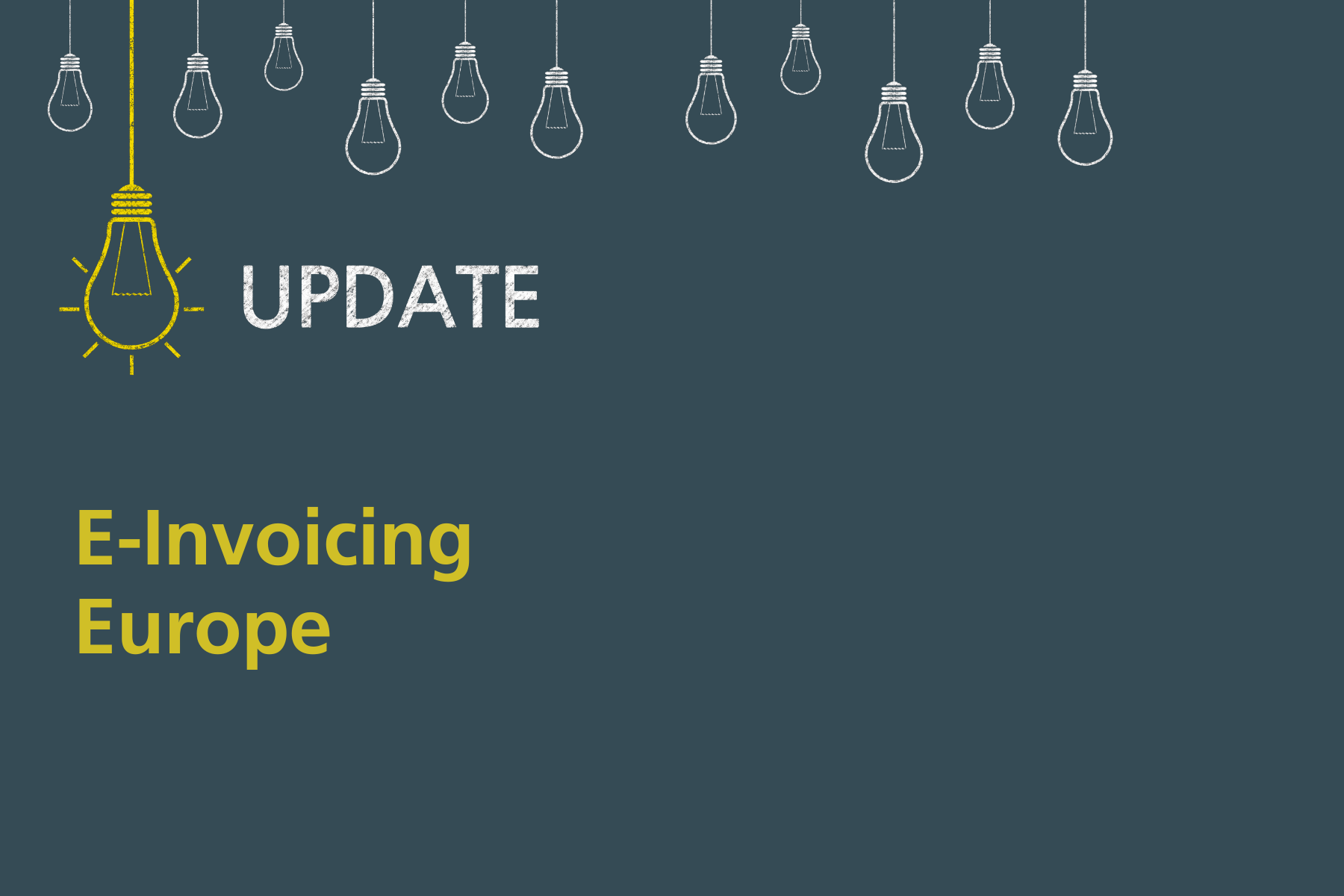
VAT in the digital age: Council of Europe adopts ViDA initiative
November 2024: approval of the ViDA initiative is late but unanimous
The original draft directive from December 2022 includes uniform VAT registration, as well as changes to electronic invoicing, obligation to report and platform economy. Most recently, Estonia blocked the adoption out of fear of national disadvantages.
However, the compromise proposal of October 30, 2024 was approved unanimously by all EU member states on November 5, 2024.
ViDA: The most important facts about e-invoicing
- Mandatory electronic invoicing and reporting within the EU from 2030: :
As of July 1, 2030, cross-border e-invoicing and electronic reporting will be mandatory throughout the EU for all parties involved.- BUT: corresponding infrastructure (portals, networks,...) and necessary national laws are to be established by then.
- ERGO: obligations on a national level can come into force much earlier.
- Approval requirement for e-invoices no longer applies:
The current requirement for buyer consent for e-invoicing no longer applies. Vendors will be able to send electronic invoices without obtaining buyer consent. - Introduction of e-invoicing mandates at country level still possible:
EU member states will remain free to adopt new national e-invoicing mandates. Applying for exceptions at EU level is not required for this. - Revised deadlines for electronic invoicing:
Invoices for cross-border deliveries or services will have to be issued within 10 days. This means that the previous 6-month period will no longer apply. - Harmonization of e-invoicing systems by 2035:
The requirements for reporting across national borders are to be harmonized. This affects all e-invoicing systems and reporting portals. - Special rules for platform economy:
Platforms (rental platforms, transport services) can be considered as “fictitious vendors” and pay VAT if the service provider does not deduct the tax single-handedly. - EN 16931 will become the standard by 2030:
The European standard (EN) 16931 will be the standard for all domestic and cross-border transactions.
*All information is subject to change.
